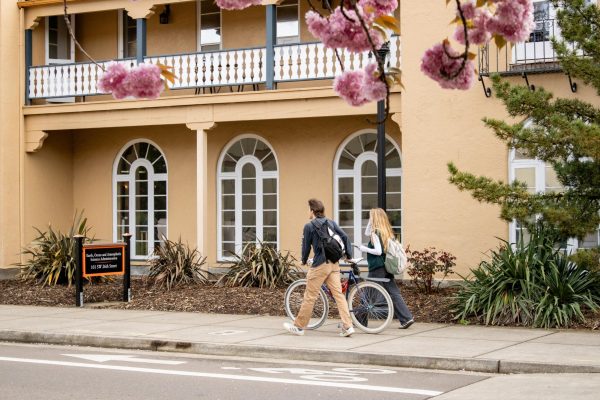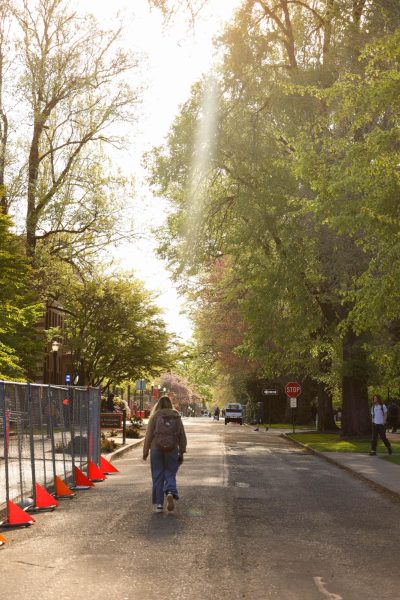Voting important for millenials, college students
November 20, 2015
Voting is much more important than you may think.
I know, I know – maybe you’re not a fan of reading political stuff. Maybe you have better things to do with your time (see: “Fallout 4”) or perhaps you’re tired of the system and how screwy everything became after the Bush administration.
I can’t really blame you for thinking this way, but I can tell you that participating in government affairs still can (and does) make a difference.
Enter the current mass media scene, where everyone speaking on-air apparently knows who they want to vote for and the general election is already going to a certain candidate. Tune into any major 24/7 news network and you’ll see a colorful cast of political characters giving reasons as to why you should vote for said candidate without providing much more background.
No real history, no extensive background – this is the name you want to see when you fill in the circle come May and November.
Heaven forbid they only have your attention because of how unbalanced they appear to be.
Are the people you believe you may vote for really the best pick for you? Do you believe you’ll choose someone who is? If so, do you know their track record in terms of in-office (or in-life) accomplishments?
Conservatives will vote based on a set of values and structures that served us well in the past, likely under the belief that these old patters will continue to be best. Institutionally, they want to “conserve” governmental methods we’ve seen before. Liberals, on the other hand, believe in a series of changes over time, and will most often vote and deliberate based on this notion.
The latter appears to make sense in this day and age, where our everyday lives continue to change based on a variety of factors: technology, social institutions and so-on. Why vote for industrial-aged politics in the information era? These days we need to adjust for the unfortunate reality that our Facebook page template could change the next time we blink.
We’re generally OK with this. Why haven’t our financial and political institutions taken a similar shift? Simply put, younger generations don’t vote as much.
Voter turnouts have been lower since the 1960s, but the youngest voter brackets saw the sharpest declines, according to 2014 data from the U.S. Census Bureau. Voters ages 45-65 participating in elections went from 75.9 percent to 69.7 percent by 2012 – a drop of 6.2 percent – while voters ages 18-24 went from 50.9 percent to 38 percent in the same time period.
No wonder we wound up with such a divided House of Representatives.
I know many of you out there have already learned the basics of a successful job interview. If you have trouble looking up debate topics and candidates, make a checklist. And don’t just look into what these people say during their on-air debates. Do some digging and look into their accomplishments.
Have they served with integrity in-office and in the professional world?
Are there facts to go along with their arguments, or are they merely attempting to be the loudest person at the podium for no reason at all?
The primaries take place May 17, 2016. If you’re not registered to vote, the deadline is 21 days before any election day, according to the Oregon Secretary of State’s website.
There are plenty of resources on campus if you’re looking to learn more about your own political direction. Oregon State University College Democrats and College Republicans hold numerous events year-round in an effort to get more students involved with political causes.
You’re part of the decision that determines who we wind up putting in office. So get out there, look into the candidates and vote.





















































































































